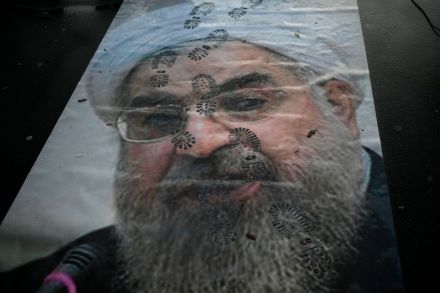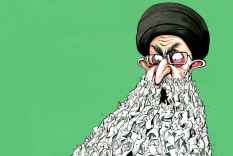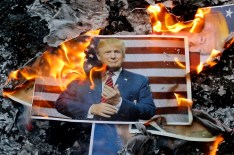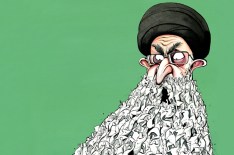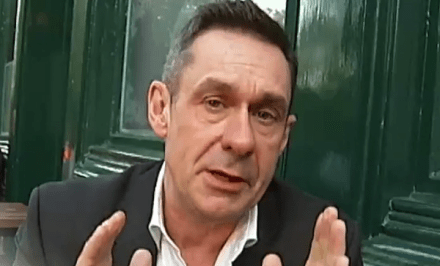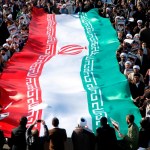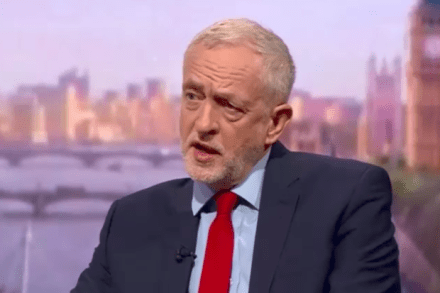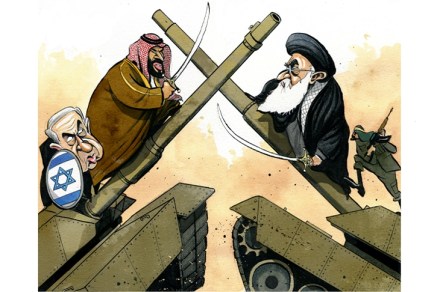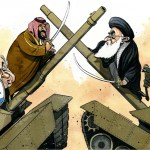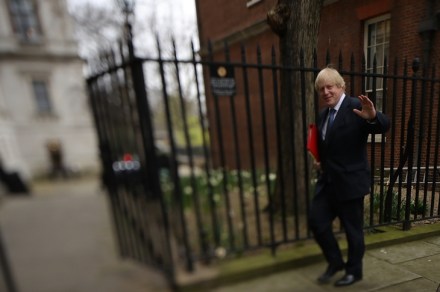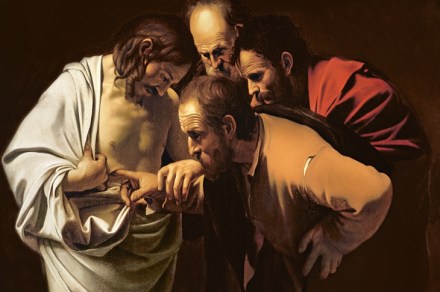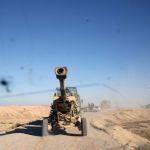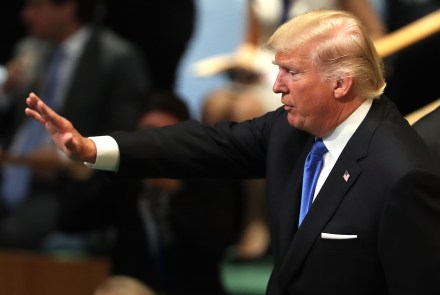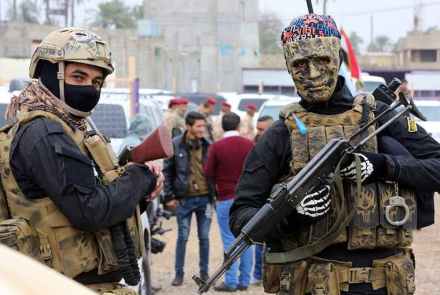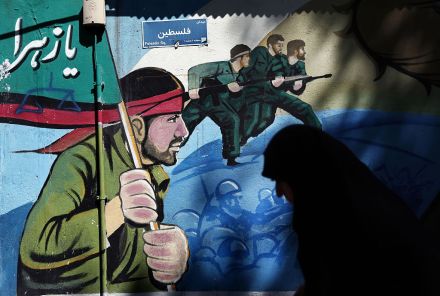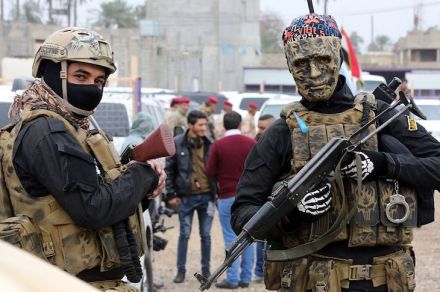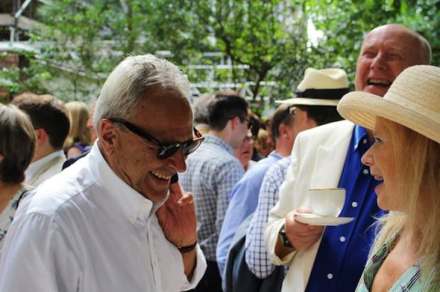Iran’s uprising exposes the left’s shameful double standards
Why is Jeremy Corbyn silent on the protests in Iran? A cynic might say that the Labour leader could hardly be expected to bite the hand that fed him £20,000 for appearing on the state’s propaganda channel. But Corbyn’s motivations are not financial. He and those who share his worldview simply cannot stomach being on the same side as the United States, even if that means abandoning Iranians crying out for democracy, justice and human rights. That may shock soft-left indulgers of Corbyn but it shouldn’t. When the socialist journalist James Bloodworth contends that left-wing politics ‘has become so solipsistic that much of the time it operates strictly negatively’ he
